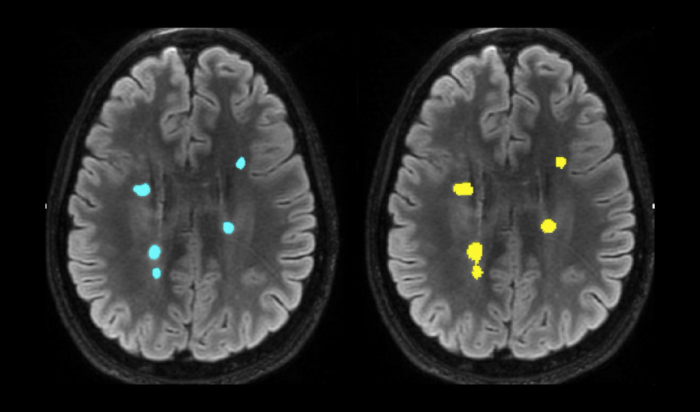
A team of Turkish scientists has developed a groundbreaking artificial intelligence system that can diagnose multiple sclerosis (MS) with 95% accuracy, marking a significant advancement in neurological disease detection.
Led by Professor Murat Terzi, head of neurology at 19 Mayis University Medical Faculty and president of the Turkish Neurology Association, the team has created AI software that can also diagnose Parkinson's disease with 90% accuracy by analyzing patient movement patterns and brain scans.
"We've trained the machine with MRI findings, voice data, and video analyses of walking, standing, and speaking patterns," said Prof. Terzi. "We're training the AI with our medical knowledge. There isn't another study of this scope worldwide."
The project, developed over five years, represents a collaboration between Turkish neurologists and engineers, including Turkish entrepreneurs from Silicon Valley. The team has built comprehensive databases for various neurological conditions including MS, Alzheimer's, dementia, Parkinson's, and Myasthenia Gravis.
The system can determine disease progression and stages through video analysis of patients' walking patterns, achieving 90% accuracy in distinguishing between MS, Parkinson's, and vascular brain diseases. Additionally, the AI can analyze patient speech patterns to identify affected brain regions with 90% accuracy.
Prof. Terzi emphasized that the AI is designed to assist rather than replace physicians. "Our goal isn't for AI to make direct diagnosis and treatment decisions. We're developing it as a tool to aid doctors and healthcare workers," he said.
The project has received support from TUBITAK and TUSEB, with additional collaboration from Turkish engineers in Silicon Valley. The team has also developed a smartphone application that enables remote patient monitoring and treatment through digital tests and exercise videos.
This innovation comes at a crucial time, as neurological disorders affect approximately 3.4 billion people worldwide, according to a study published in Lancet Neurology.